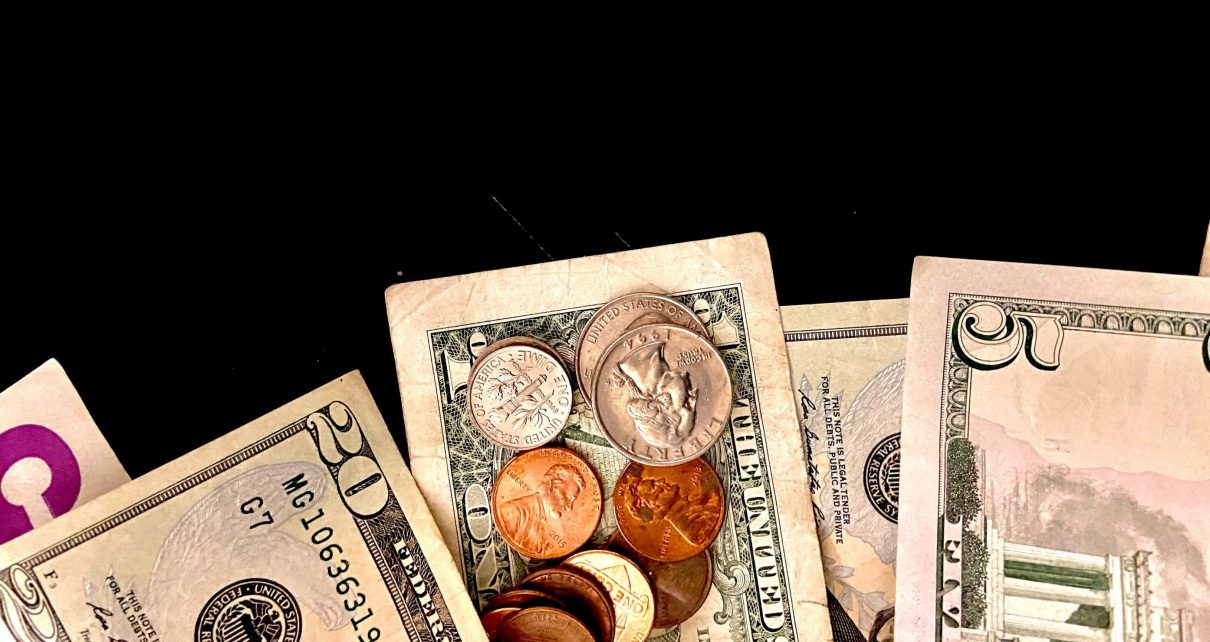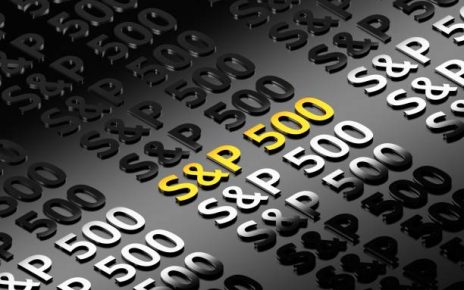While some people think the 2020 sudden fall in the relative value of the dollar will boost the economy of the US, some analysts worry that it may affect the global standing of the dollar. Although the two views reflect essential realities, none of them captures exactly the complete story.
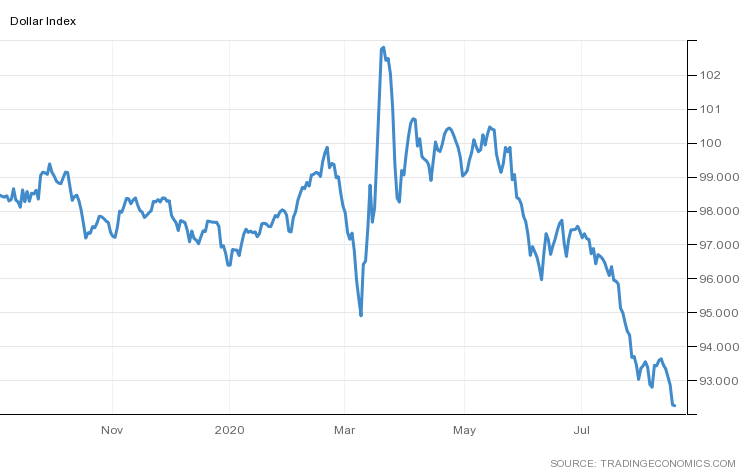
A USD fall of roughly 10% after its rise in March has given rise to two different stories. The first narrative focuses on the short term boost to the US economy. It centers on how a fall in the value of the dollar could be beneficial to the US economy and markets while the other narrative considers what the long-term effect would be.
The second narratives worry that a long-term fall in the value of the dollar could affect the state of the dollar as the world’s reserve currency. While the two different narratives contain some elements of truth, they are not sufficient to validate the evolving consensus round them.
Factors That Put Downward Pressure On The Dollar
There are multiple factors responsible for the recent few months fall in the value of the greenback. This recent fall has upturned nearly 50% of the last ten years’ rise in the dollar.
Because the US Federal Reserve relaxed monetary policy to respond to the deteriorating economic stance, the revenue that accrues to the dollars safe havens like the US government bonds has fallen. Also, this has made investments in the US to lose some of their relative attractions. Many investors are beginning to move their holdings to Europe and emerging markets.
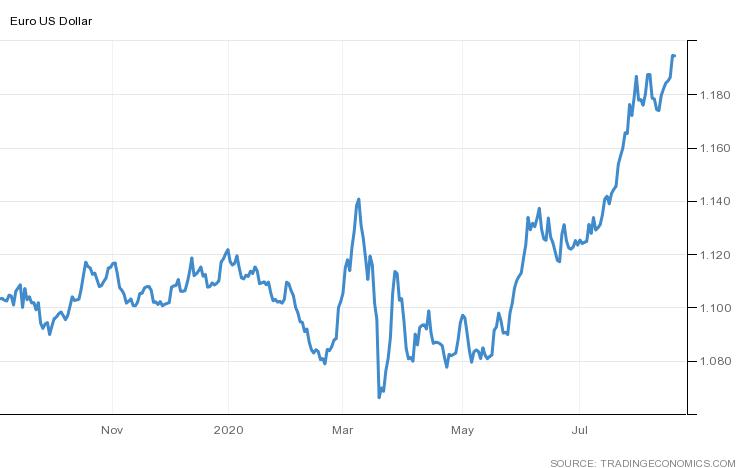
There are equally signs that the capital inflows into the US market will depreciate. Foreigners appear to be withdrawing from the US market partly because the US government’s initiated an inward-looking policy and because they adopted the trade and sanction measures as a weapon.
The US Economy VS Other Economies That Experience A Sharp Value Decline
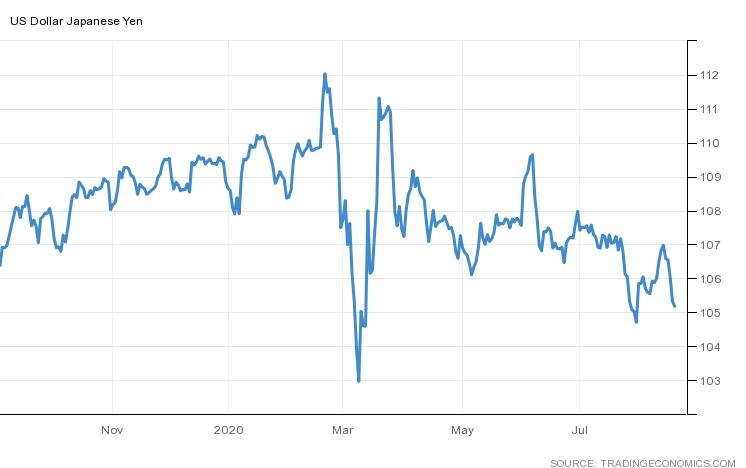
Apart from Lebanon, Turkey, and a couple of other countries that saw a sudden fall in the value of their currency that is even more than the USD, most currencies have recorded some gains against the greenback. However, among the countries whose currencies are appreciating, the reaction to the widespread occurrence is not unified.
A few countries, especially in the developing world, are happy with the reversal, given that their currency earlier weakness makes them pay higher import prices. And this includes imported foods. Besides, a weaker dollar offers them a better scope of providing support to domestic economic activities with additional exciting fiscal and monetary policies.
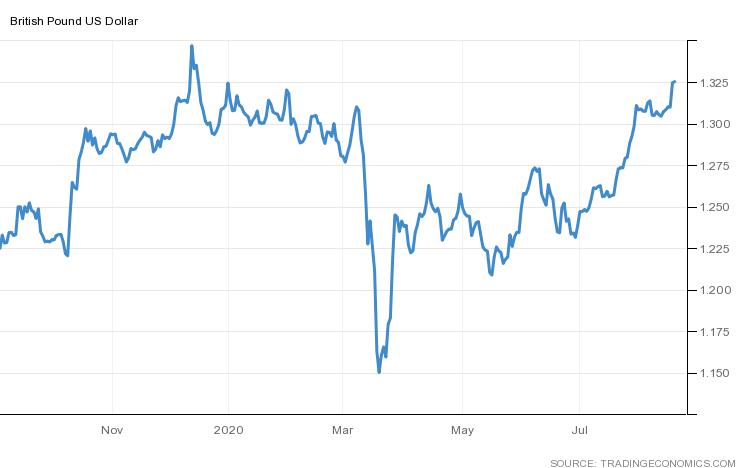
In the advanced countries, however, the reaction is frowned upon. Japan and eurozone member states, especially, worry that the rise in the appreciation of their currency could pose some threat to their country’s economic recovery from the COVID-19 meltdown. Also, the Bank of Japan and the European Central Bank currently have concerns that besides attaining the limits of their monetary policy efficiency, it could be risking their economies and result in a greater risk of collateral damage and accidental consequences.
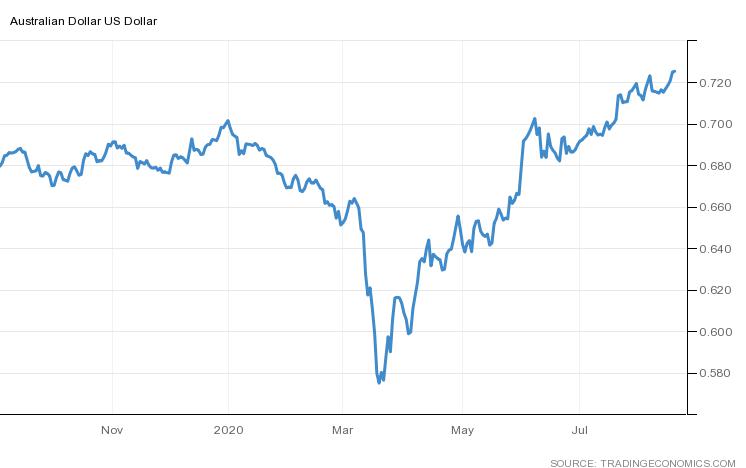
The Devaluation Of The Dollar And The Current State Of The US Dollars
In the US, temporarily, the dollar’s devaluation has been viewed as an overpoweringly helpful short-term growth of the economy. What we learned from economic textbooks shows that a weaker dollar enhances the competitiveness of US producers both internally and internationally compared to foreign competitors. It makes the United States more attractive for foreign direct investments and equally encourages tourism because of the low cost. It also results in an increase in the value of the dollar revenue made by overseas by home-based companies.
The currency devaluation is equally a boost for the US stock and corporate bond markets. These markets enjoy added advantage because it makes dollar-denominated securities attractive to investors in foreign countries. The longer-term consensus outlook is not very positive for the US. There are concerns that the dollar may fall more and if it does, the value of the US dollar as a safe haven would be affected. The standing of the dollar as the reserve currency has been affected already by US policies during the last three years due to their trade protection policies and the imposition of trade sanctions as a weapon to gradually bypass global standards and the rule of law.
What Will Happen If The US Dollar Depreciates Further?
If the dollars lose additional value, it would make the US lose the privilege that it has long been enjoying as the world’s key reserve currency. A country whose currency is used as the worlds reserved currency can exchange a few printed paper or digital currency it creates for the goods and services produced in other countries produce. It has a greater influence over essential multifaceted resolutions and appointments. It also gains from other country’s readiness to subcontract their institutions to manage their financial wealth.
Concerning the role of the dollar as a reserve currency, an economic principle that says “it is hard to replace something with nothing” may apply. Presently, no country’s currency can replace the role of the dollar. Going forward, what we would witness are small pipes being created around the dollar? And, given that of these currencies won’t be sufficiently large to substitute the dollar, we may see a more disjointed global monetary system.
Conclusion
Just like the previous occurrence, the current consensus outlooks on the dollar will potentially end up concentrating on the long-term effects of the short-term price actions. Currently, the devaluation of the dollar is not a boost to markets or the US economy. It’s also not a prediction of the fall of the currency as the world’s reserve currency. It is, rather, a part of a bigger and continued fragmentation of the international economic order.


